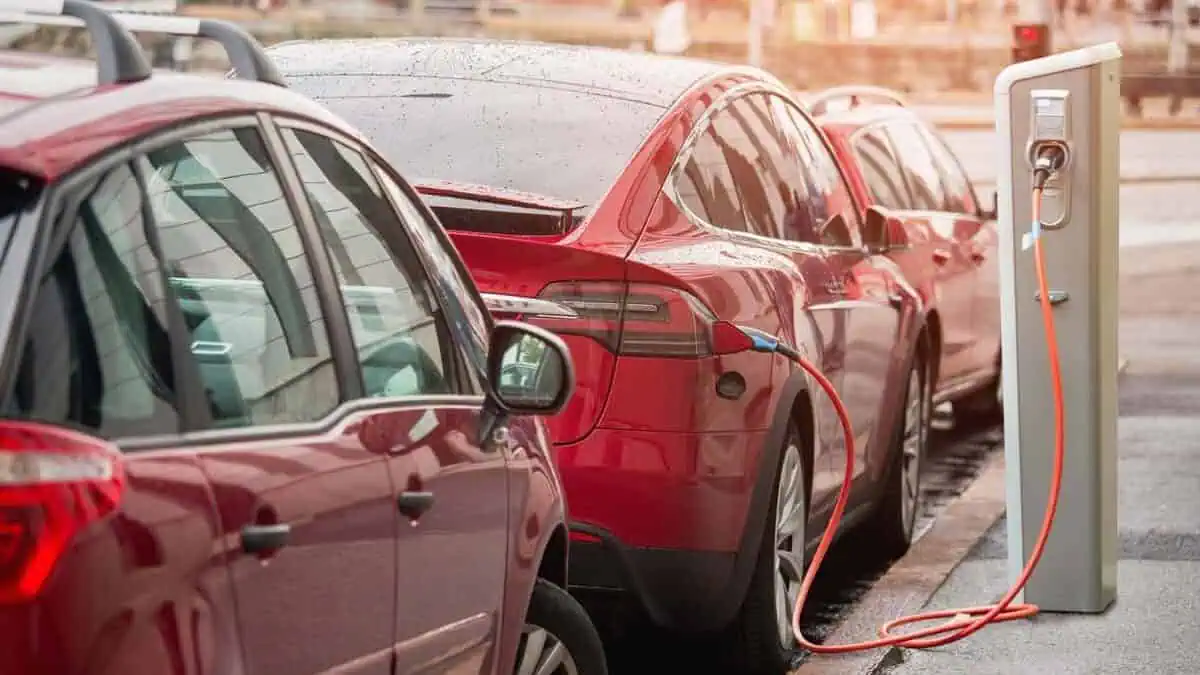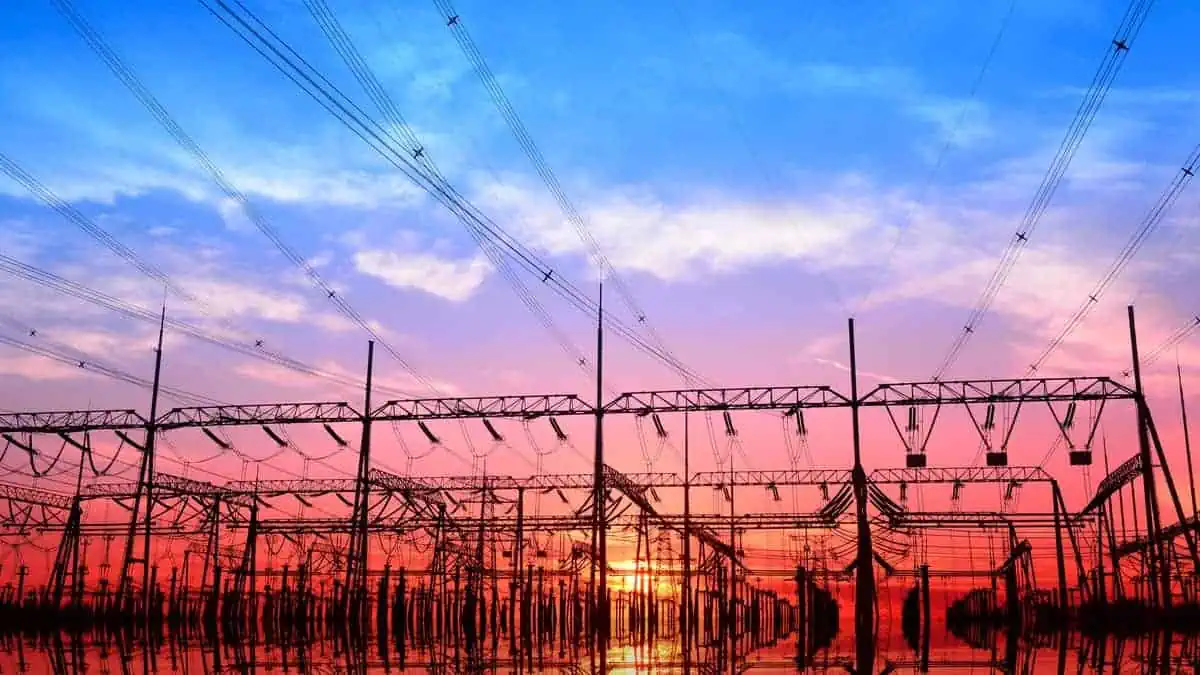Europe has set ambitious targets to achieve climate neutrality by 2050. The European Commission must make numerous new e-mobility-related legislative proposals over the next few years to meet its targets.
EURACTIV reported on the clean mobility NGO Transport & Environment (T&E) analysis. It concludes that low production implies e-fuels will only be capable of providing only 2% of the EU’s vehicle fleet by 2035.
“E-fuels are presented as a carbon-neutral way to prolong the life of combustion engine technology. But the industry’s own data shows there will only be enough for a tiny fraction of cars on the road,” Yoann Gimbert, an e-mobility analyst at T&E, stated.
That said, the NGO urges the European Union to increase the regulatory incentives to encourage its automakers. It could significantly increase the production of fully electric vehicles. However, if the EU fails to take such steps, it could risk losing market share to Chinese competitors.
The group also claimed that the growth of electric vehicle sales in the EU has slowed in the T&E report that was made public on Monday. In the first half of 2022, sales of fully electric vehicles accounted for 11% of total sales. However, based on past patterns, they ought to have gotten to 13%.
Meanwhile, Chinese automakers like BYD and Great Wall Motor are attempting to establish a presence in the EU. Remarkably, they recently received excellent safety scores for their electric vehicles from Euro NCAP.
Notably, T&E report indicates that 5% of the fully electric car sales in the EU during the first half of 2022 were of Chinese-made EVs. By 2025, they might hold an 18% share of the market.
On the other hand, the EU is now discussing a proposed set of climate initiatives. This includes “an effective ban on the sale of new fossil-fuel vehicles from 2035.”
The report also indicated that European must adhere to the following to stimulate EV production, as per T&E:
- “The EU should stick to the ban
- Oppose any exemptions for synthetic fuels in cars
- Remove an emissions benchmarking system from 2025
- EU funds and national policies to accelerate the scale-up of EV production.”0
“The failure of EU carmakers to scale up…supply could result in foreign automakers offering affordable models and capturing a large share of the mass market in Europe,” the report said.
“If the EU is unable to efficiently regulate its own market, it risks losing its economic sovereignty in the automotive industry.”
T&E has long advocated for the electrification of road transportation, highlighting that even carbon-neutral e-fuels emit dangerous NOx when burned.
Considering that electric vehicles are a relatively recent technological development; they are often more expensive than their gas-powered equivalents. The higher price may dissuade many car customers, preventing automakers from increasing production. However, incentives can lower the initial cost of electric cars, making them more affordable to drivers.






